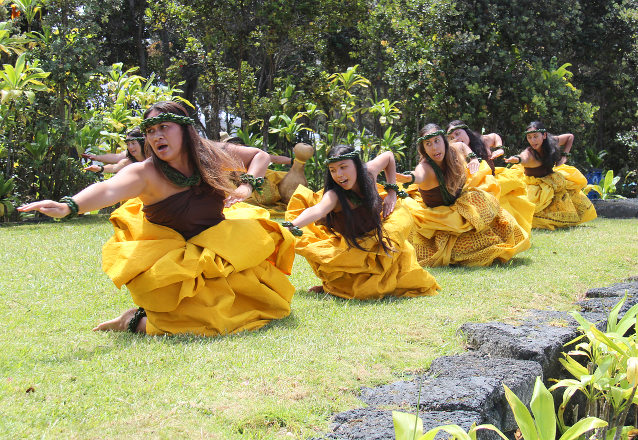“Cultural Heritage” is a fairly broad term that can apply to both the tangible—physical places and objects we can touch—and the intangible—stories, songs, and celebrations we experience in the moment.
Tangible Cultural Heritage and the National Park Service Mission
The preservation and documentation of our cultural heritage involves broad participation from communities, business, philanthropy, and from all levels of government. At the federal level, the National Park Service plays one of the central roles in Cultural Heritage Preservation of tangible cultural heritage, partnering with other agencies and with States, Tribes, and local governments.
National Park Service Mission: The National Park Service preserves unimpaired the natural and cultural resources and values of the national park system for the enjoyment, education, and inspiration of this and future generations. The Park Service cooperates with partners to extend the benefits of natural and cultural resource conservation and outdoor recreation throughout this country and the world.
The cultural resources which the National Park Service (NPS) preserves within the boundaries of national parks are tangible heritage. The National Register of Historic Places and the National Historic Landmarks Program are two NPS programs which work with state, tribal, and local partners to identify places worthy of preservation and to keep a national list of such buildings, structures, sites, objects, and districts.
Intangible Cultural Heritage

Jay Robinson
Cultural Heritage Preservation keeps cultural practices and identities alive in our memory as a part of what has shaped us as a people and nation. Tangible and intangible cultural heritage are often deeply intertwined and they cannot be fully separated. At the federal level, the mission of preserving each falls to different entities which often work in partnership.
The American Folklife Center, Library of Congress was created in 1976 by the U.S. Congress to "preserve and present American folklife" through programs of research, documentation, archival preservation, reference service, live performance, exhibitions, publications, and training. The Center collects and documents living traditional culture and preserves for the future its collections in the state-of-the-art preservation facilities of the Library of Congress.
The American Memory Project, Library of Congress provides access to written and spoken words, sound recordings, still and moving images, prints, maps, and sheet music that document the American experience. It is a digital record of American history and creativity from the collections of the Library of Congress and other institutions. The project chronicles historical events, people, places, and ideas that continue to shape America, serving the public as a resource for education and lifelong learning
Cultural Programs The Smithsonian’s Cultural Centers include the Asian Pacific Amercian Center, Latino Center, Center for Folklife and Cultural Heritage, and Smithsonian Folkways.
The Smithsonian Asian Pacific American Center provides vision, leadership, and support for Asian and Pacific Islander American initiatives for the Smithsonian Institution and works to better reflect their contributions to the American experience, world culture, and the understanding of our planet and the natural world throughout Smithsonian Institution collections, research, exhibitions, outreach, and education programs.
The Smithsonian Latino Center works pan-institutionally with the entire network of Smithsonian museums, research centers, programs and almost 200 affiliates nationwide to ensure that Latino culture, achievement and contributions are celebrated and recognized.
The Smithsonian Center for Folklife and Cultural Heritage is dedicated to the collaborative research, presentation, conservation, and continuity of traditional knowledge and artistry with diverse contemporary cultural communities in the United States and around the world.
Smithsonian Folkways Recordings is the nonprofit record label of the Smithsonian Institution, the national museum of the United States. We are dedicated to supporting cultural diversity and increased understanding among peoples through the documentation, preservation, and dissemination of sound.
The National Endowment for the Humanities (NEH) is an independent federal agency that funds of humanities programs in the United States. Because democracy demands wisdom, NEH serves and strengthens our republic by promoting excellence in the humanities and conveying the lessons of history to all Americans. NEH grants typically go to cultural institutions, such as museums, archives, libraries, colleges, universities, public television, and radio stations, and to individual scholars.
Last updated: February 29, 2016
